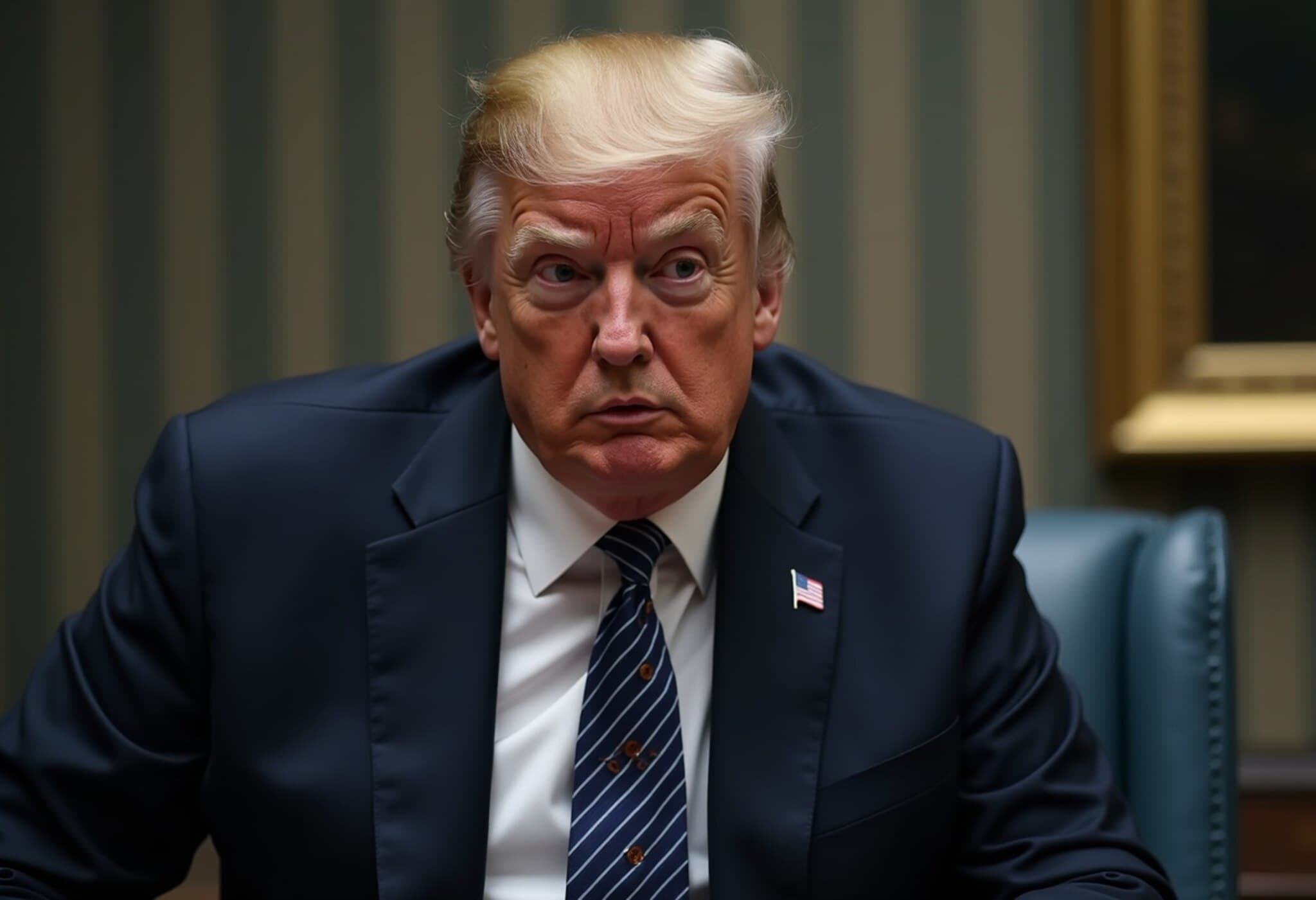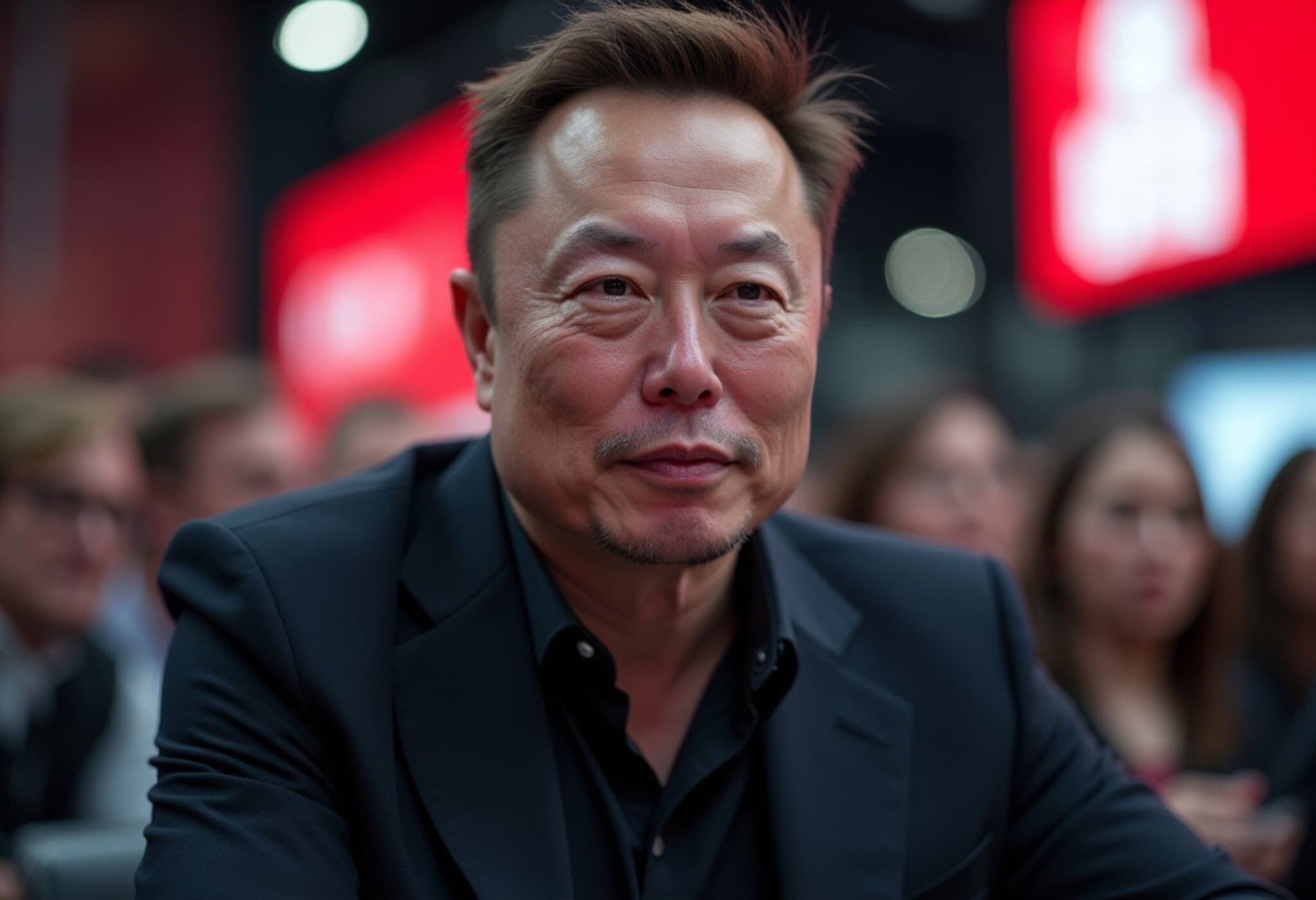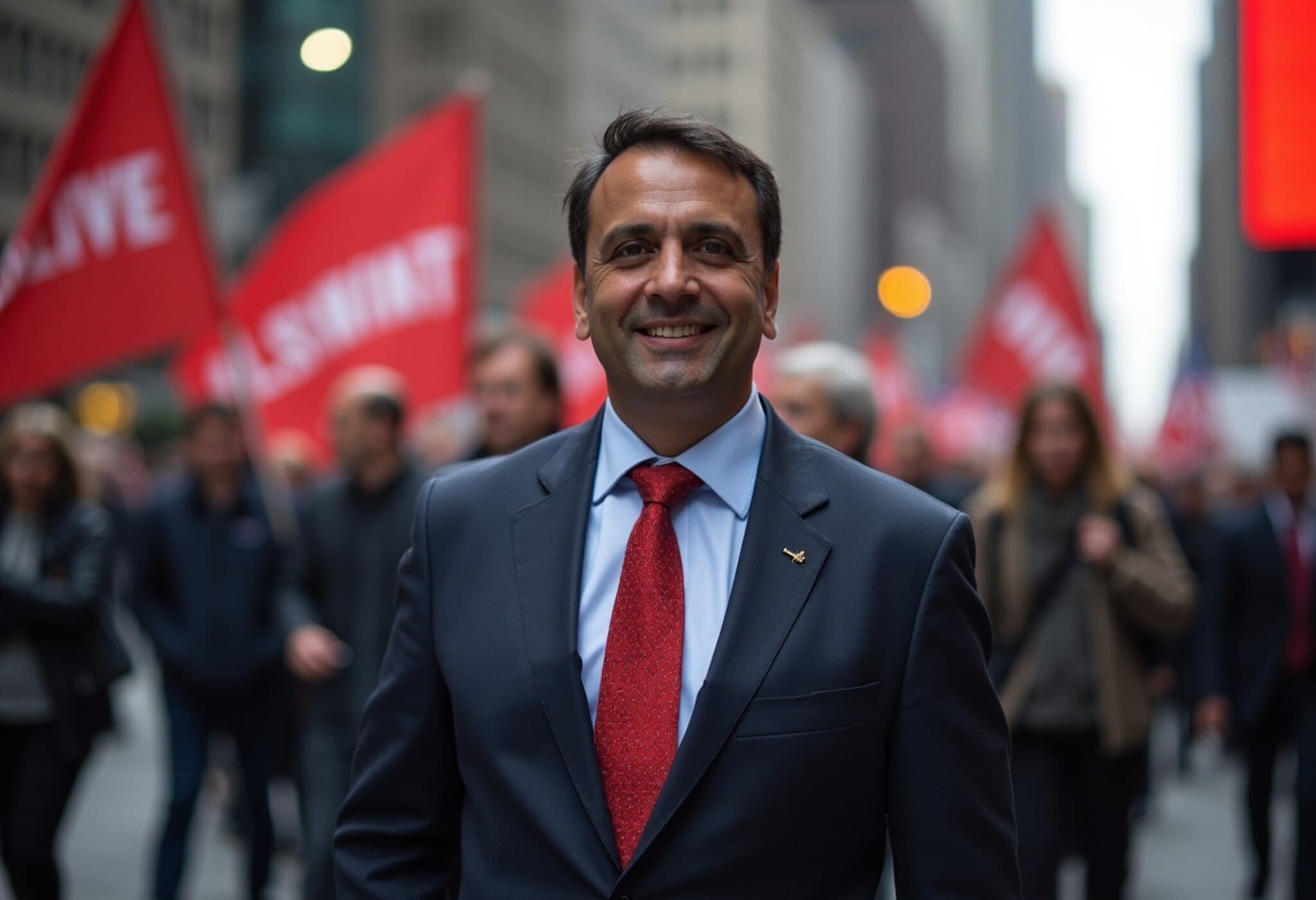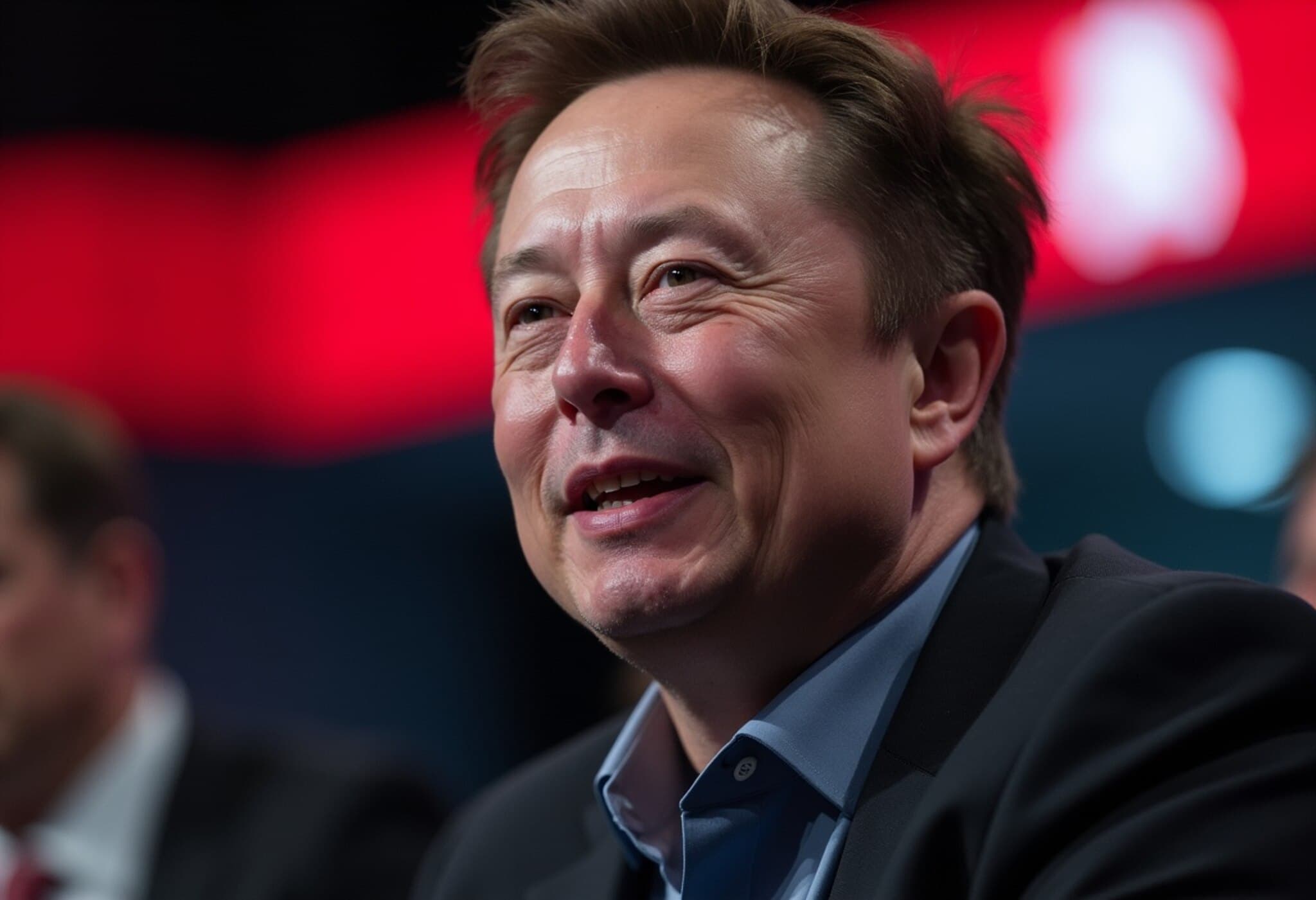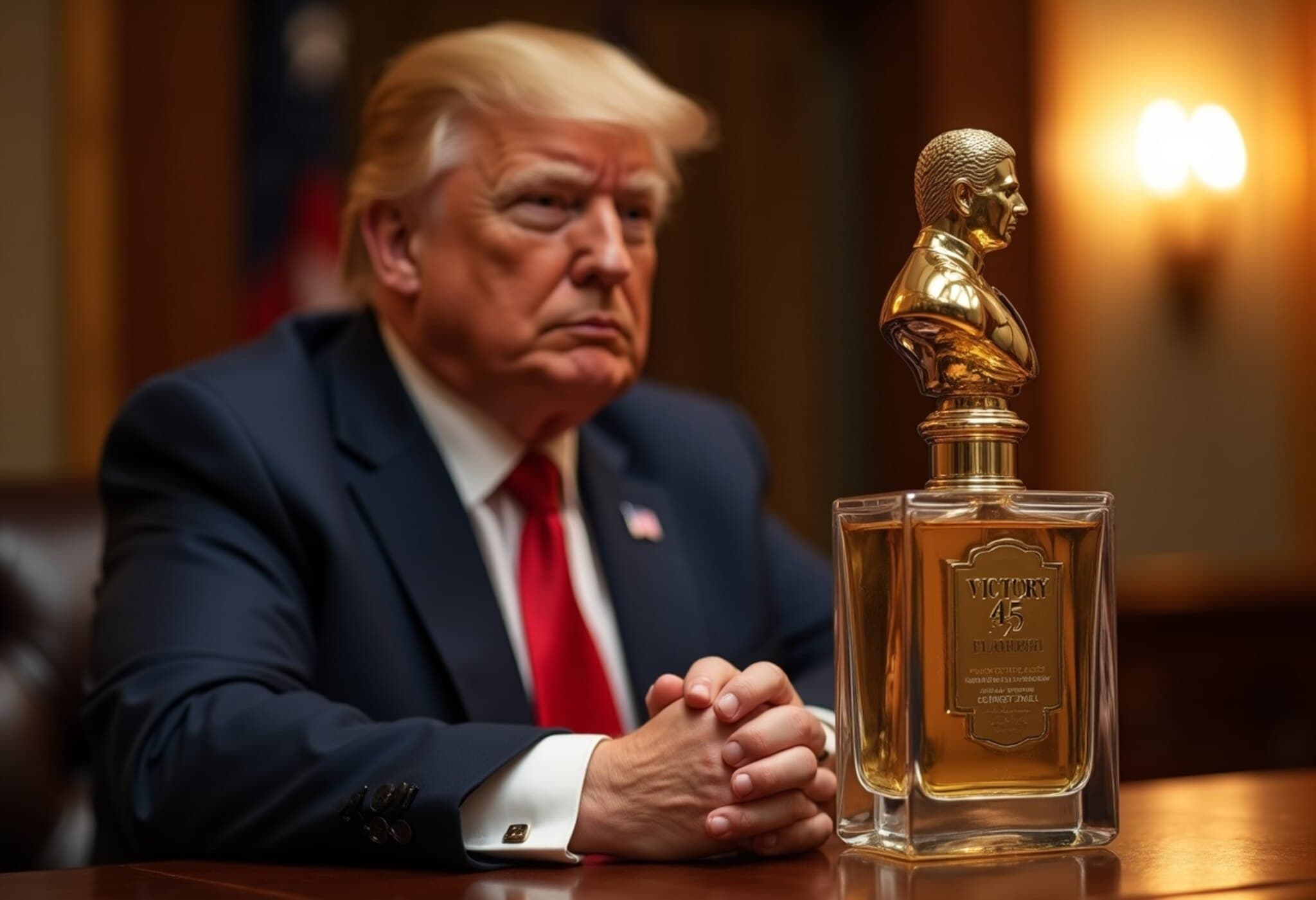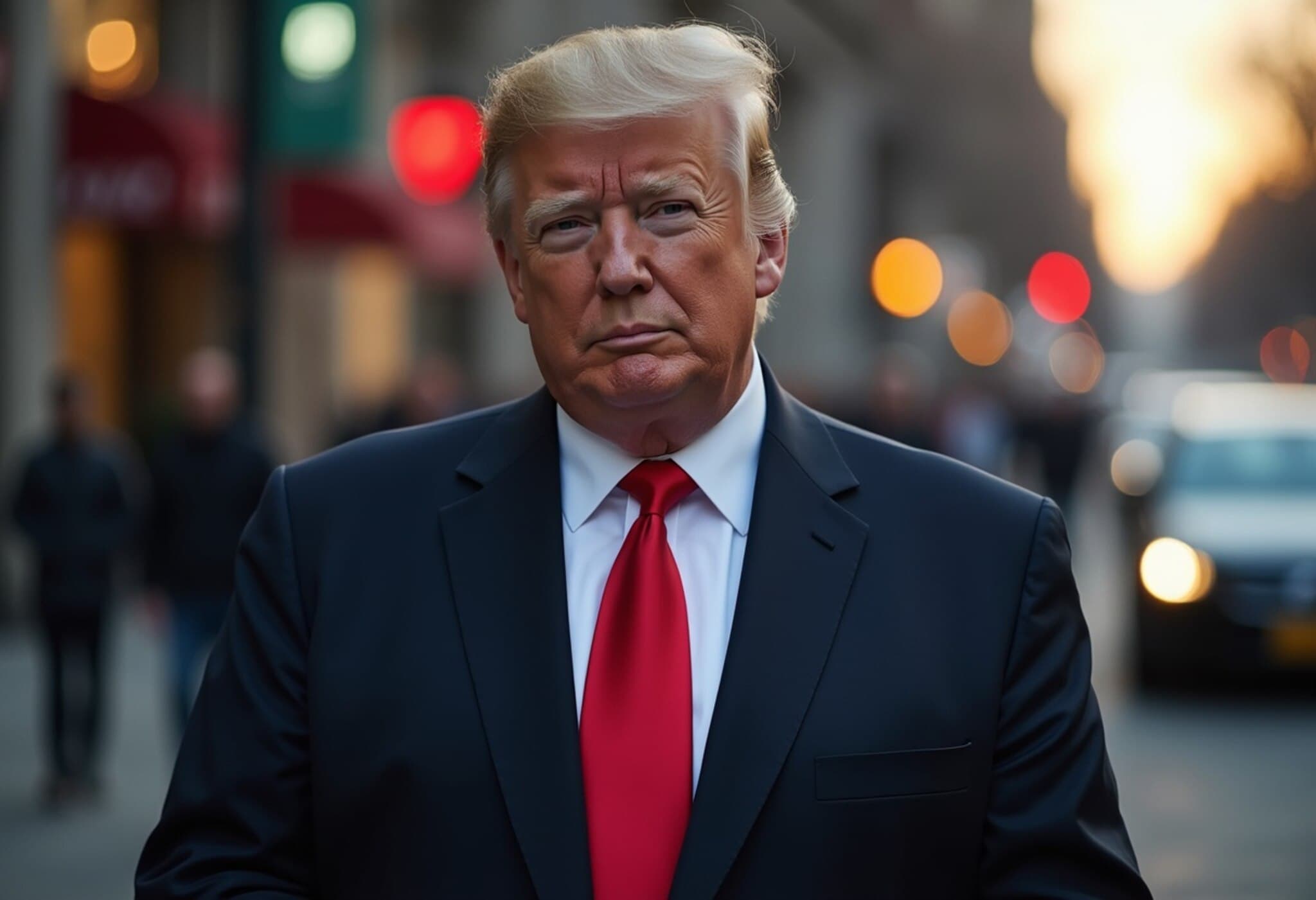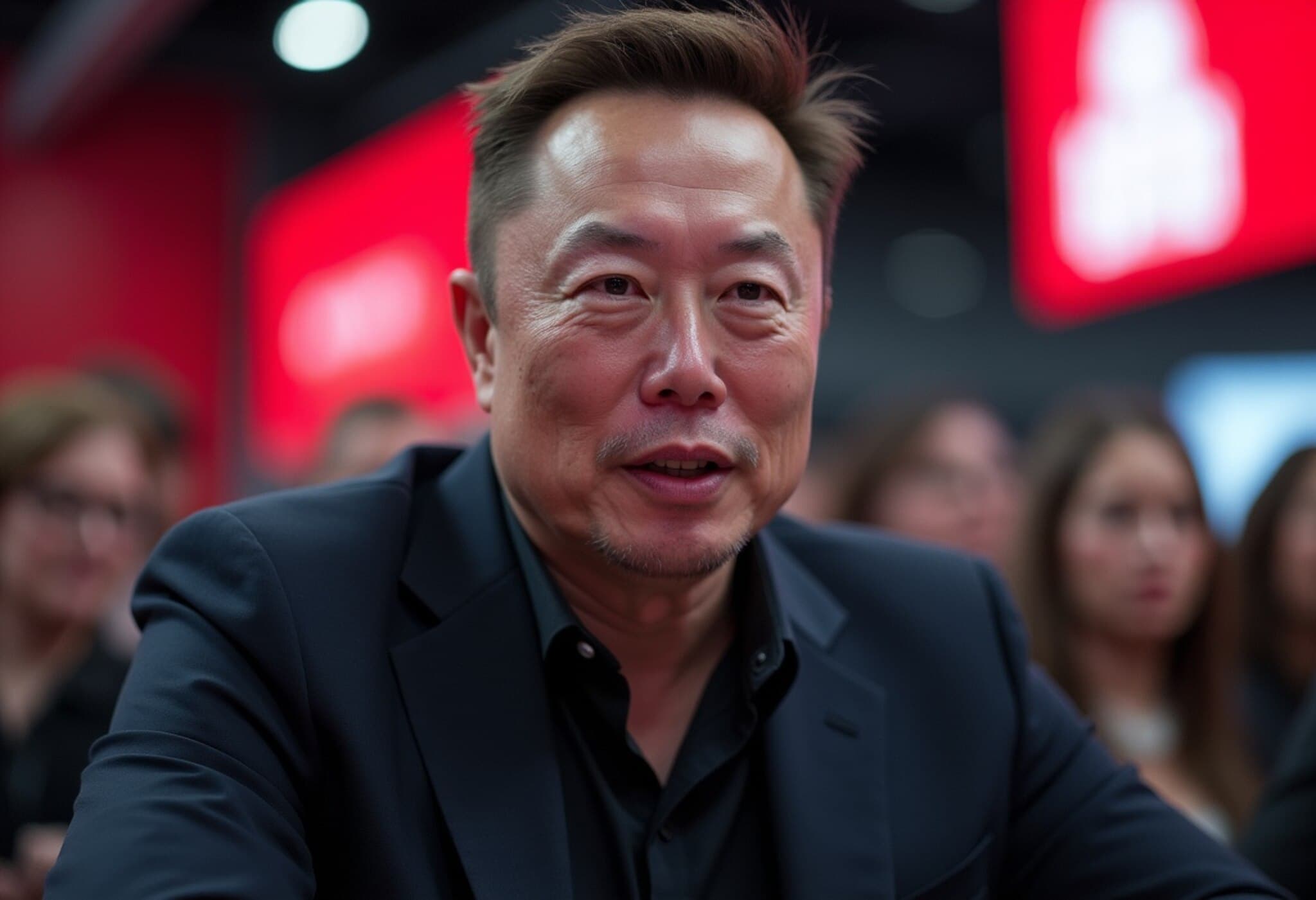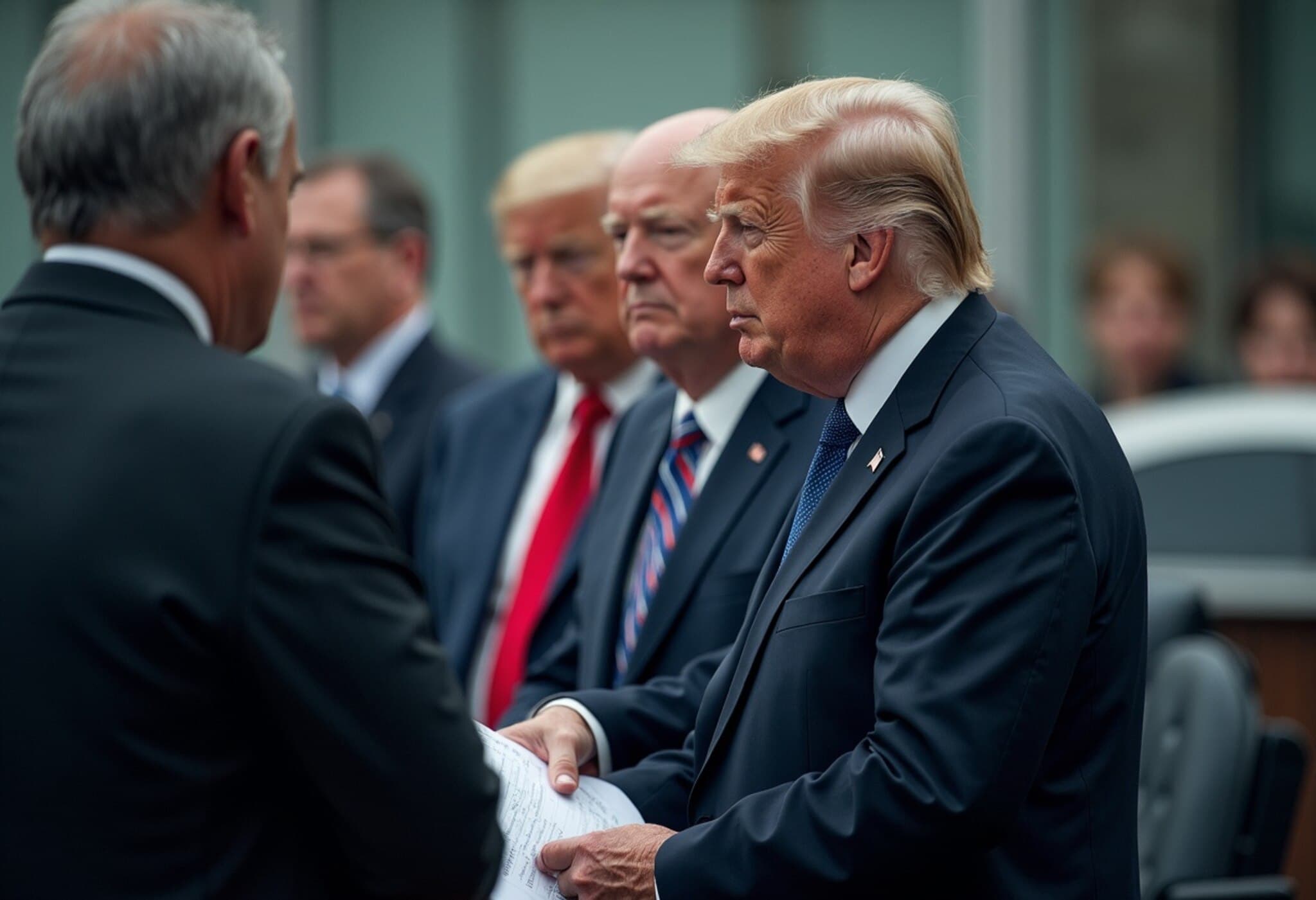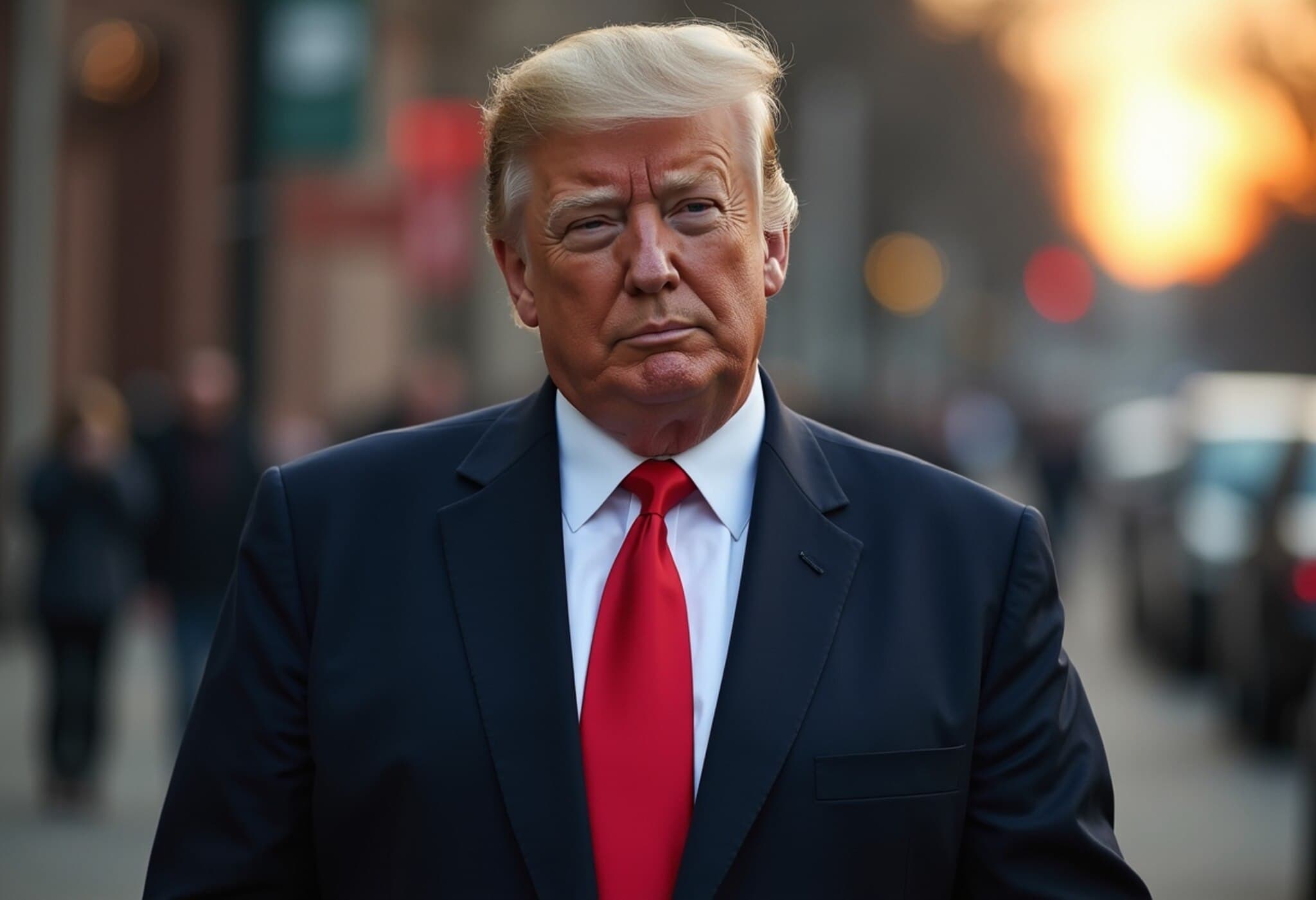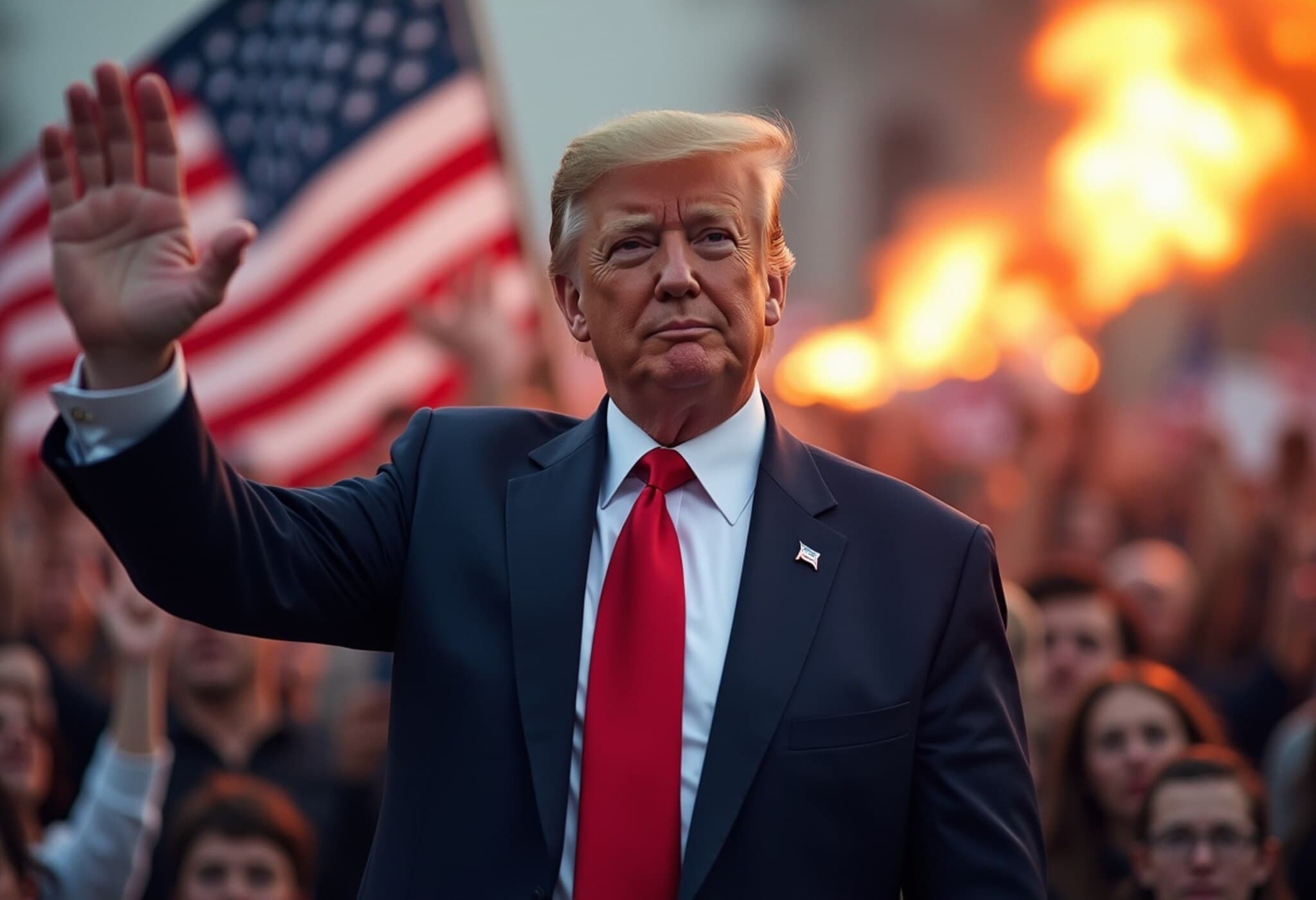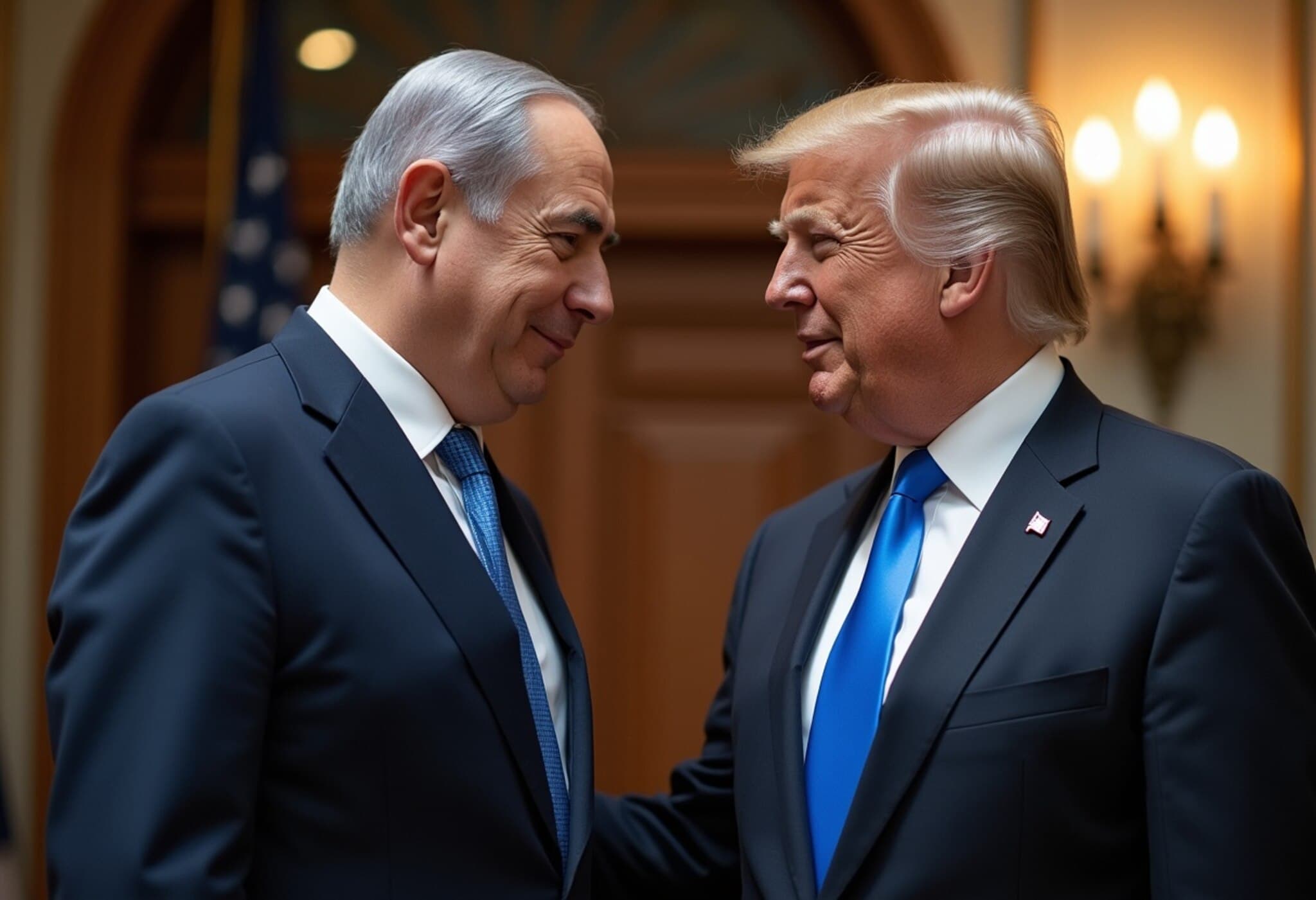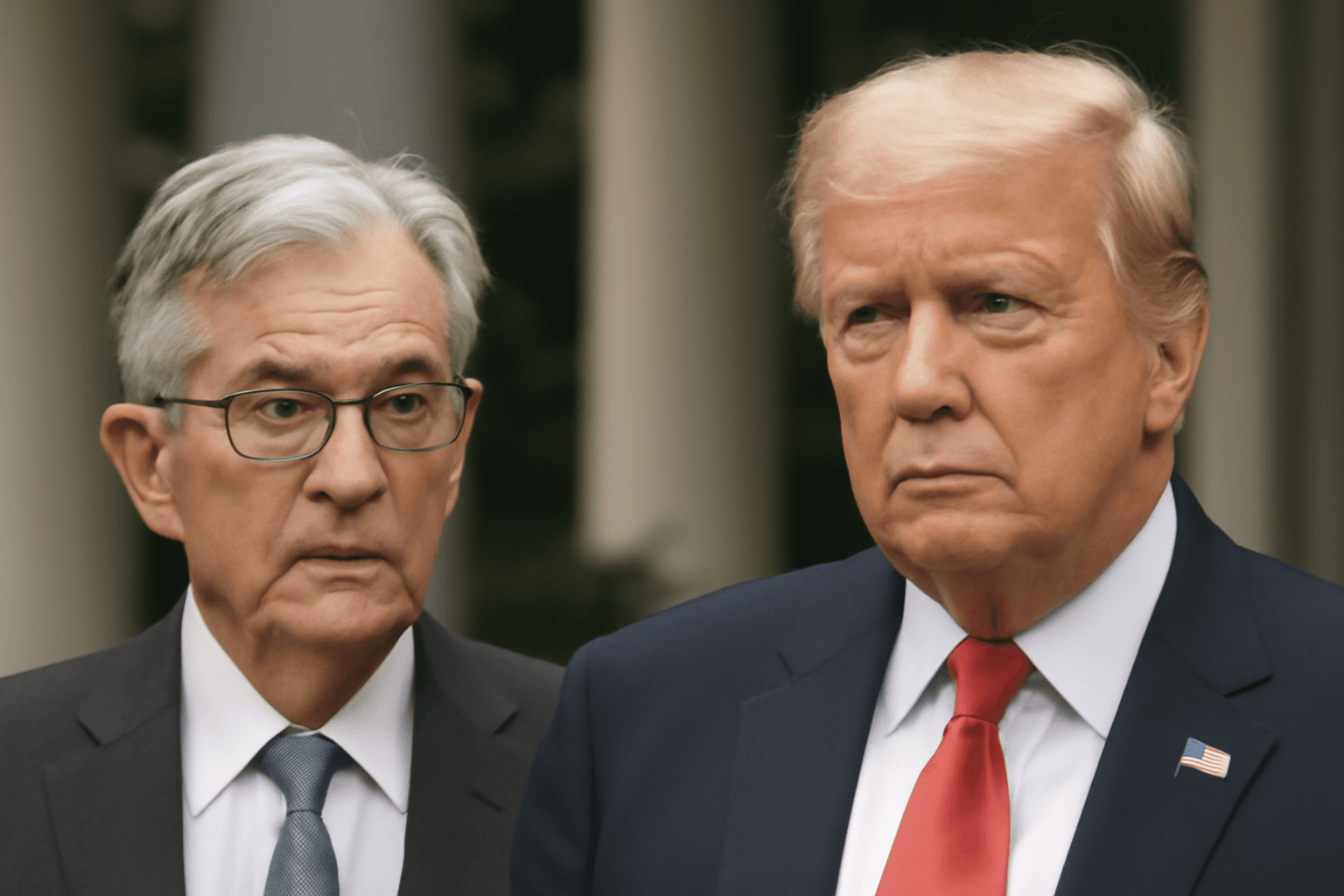Trump Secures Unprecedented Control Over U.S. Steel
In a move that has drawn attention across the business and political landscape, former President Donald Trump now holds significant veto power over critical decisions at U.S. Steel. This authority stems from an amended corporate charter that grants him what is referred to as a "golden share" in the Pittsburgh-based steel giant, effectively giving him a direct say in its major strategic moves.
Understanding the ‘Golden Share’ and Its Implications
The golden share mechanism detailed in a recent Securities and Exchange Commission (SEC) filing is a unique arrangement. While Trump currently wields this power personally, the charter stipulates that upon the conclusion of his term, veto authority will transfer to the U.S. Treasury and Commerce Departments. These departments will act as representatives of the American government in overseeing the company’s key decisions.
A White House official clarified that future presidents will have the flexibility either to personally hold this golden share or assign it to a designee, as Trump has chosen to retain direct control for now.
Scope of the Veto Power
The golden share grants Trump, and subsequently the Treasury and Commerce Departments, veto rights over several significant business decisions at U.S. Steel, including but not limited to:
- Renaming the company, relocating its headquarters from Pittsburgh, or moving operations outside the United States.
- Closing or selling production facilities through 2035, with specific restrictions on Granite City Works until 2027.
- Cutting employee base salaries until 2030.
- Adjusting the schedule or scale of $10.8 billion in planned capital investments.
- Acquiring businesses within the U.S. that compete with U.S. Steel or its suppliers.
The Backstory: From Opposition to Oversight
Trump’s involvement traces back to June 13, when he approved the controversial merger between U.S. Steel and Japan’s Nippon Steel. While he had publicly criticized the deal during the 2024 presidential campaign, the companies eventually agreed to the golden share provisions as part of their arrangement with the U.S. government.
Although Trump avoided labeling the transaction as a merger or acquisition—calling it more of a "partnership"—U.S. Steel has since become a wholly owned subsidiary of Nippon Steel North America. The company’s shares ceased trading on the New York Stock Exchange on June 18 following the deal’s closing and are set to be formally delisted by June 30.
Expert Perspectives and Union Reactions
Legal experts note that Trump's direct personal involvement in addressing national security and business concerns via the golden share is unprecedented. Yet, some argue the arrangement largely reflects existing executive control, since the Treasury and Commerce Departments—which will inherit the golden share—are integral parts of the executive branch.
United Steelworkers International President David McCall expressed surprise over the extent of power Trump now holds, calling it "a startling degree of personal control over a major corporation."
Looking Ahead
The golden share arrangement raises questions about the future role of presidential influence in private sector mergers deemed critical to national security. By embedding veto power in the hands of the executive, this mechanism aims to balance corporate autonomy with strategic government oversight—albeit at the cost of unusual presidential involvement in corporate governance.

